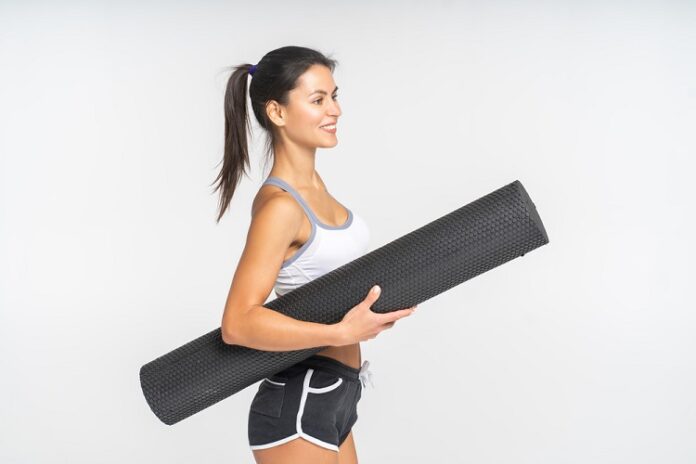As a form of exercise that doesn’t typically induce injuries or make you sweat buckets, Pilates is perfect, especially for new mums. Helping to build up strength and improve flexibility and mobility, it can also boost your stamina, enhance your mental state, and even aid you in your weight loss journey. Put simply, Pilates ticks a lot of boxes for anyone looking for a form of non-aerobic exercise that will benefit their whole body, and if you’re a new mum wanting to get in shape again after giving birth, you should give it a try.
Table of Contents
How exactly can Pilates help new mums?
At the very heart of Pilates is the training and challenging of core muscles; those in the mid-section, including abdominal muscles, waist, back, buttocks and pelvic floor muscles. As such, private Pilates tuition can prove extremely beneficial for those who have recently given birth; providing them with a much needed helping hand in terms of their core strength and stability.
If you’re interested in taking a postnatal Pilates class, you might find the following information helpful:
What is postnatal Pilates?
Also referred to as postpartum Pilates, this gentle form of exercise is designed to help mothers recover from both pregnancy and childbirth, and it does so by increasing the flow of blood and oxygenation to muscles that are damaged.
Low impact and purposefully gentle, new mothers can safely practise Pilates to help them heal and build their core strength back up.
What are some of the benefits of postnatal Pilates?
There are a multitude of advantages to be gained by practising Pilates after giving birth, and here are just some of them:
Provides no stress to joints
Carrying a baby and giving birth places enormous strain on many of a woman’s joints, so gentle exercise in the form of Pilates is beneficial to minimize injury and stress.
Enables the building up of core strength
Core strength is at the heart of postnatal Pilates, and can prove ideal for stretched and weak core muscles.
Helps stop back pain
By building up those muscles that support the spine, and redistributing pressure on the spine, pelvis and hips, new mums can prevent and reduce back pain.
Engages pelvic floor muscles
Pelvic floor muscles often become weakened following pregnancy and childbirth, but postnatal Pilates can help strengthen these muscles and prevent urinary incontinence, a prolapse, and also repair the sensitive area between the vagina and the anus.
Improves posture
By strengthening those muscles that help to support the spine, postnatal Pilates can combat a range of poor habits related to posture; all of which can be caused by pregnancy itself, breastfeeding baby, and lifting baby up.
Tones muscles in the stomach
Targeting and tightening the oblique and abdominal muscles, this gentle form of exercise also helps in the safe and healthy burning of belly fat.
Supports a healthy state of mind
Incorporating techniques for breathing, as well as gentle exercises for the body, postnatal Pilates helps your mind and body heal in unison, and can make it easier to manage stress levels associated with giving birth and caring for a baby, as well as enhance your quality of sleep and combat fatigue.
When can you start postnatal Pilates?
In the majority of instances, women can safely start postnatal Private Pilates classes in Leyton following their check-up at 7 weeks, but you should always check with a GP or midwife before doing so.
Postnatal Pilates can help you heal following childbirth, but it’s important to stop if you find yourself in pain or discomfort during, or after a class.







